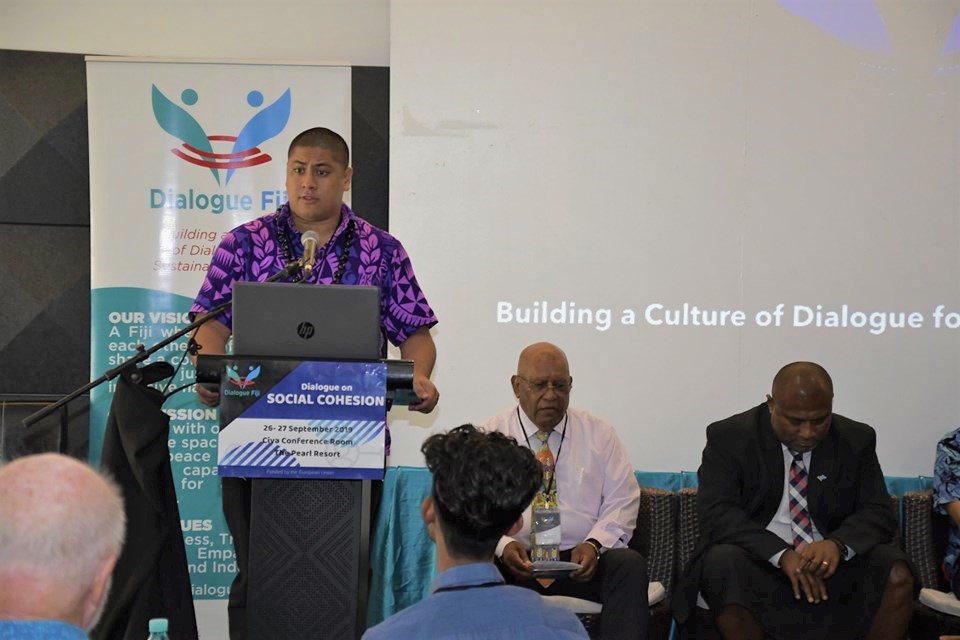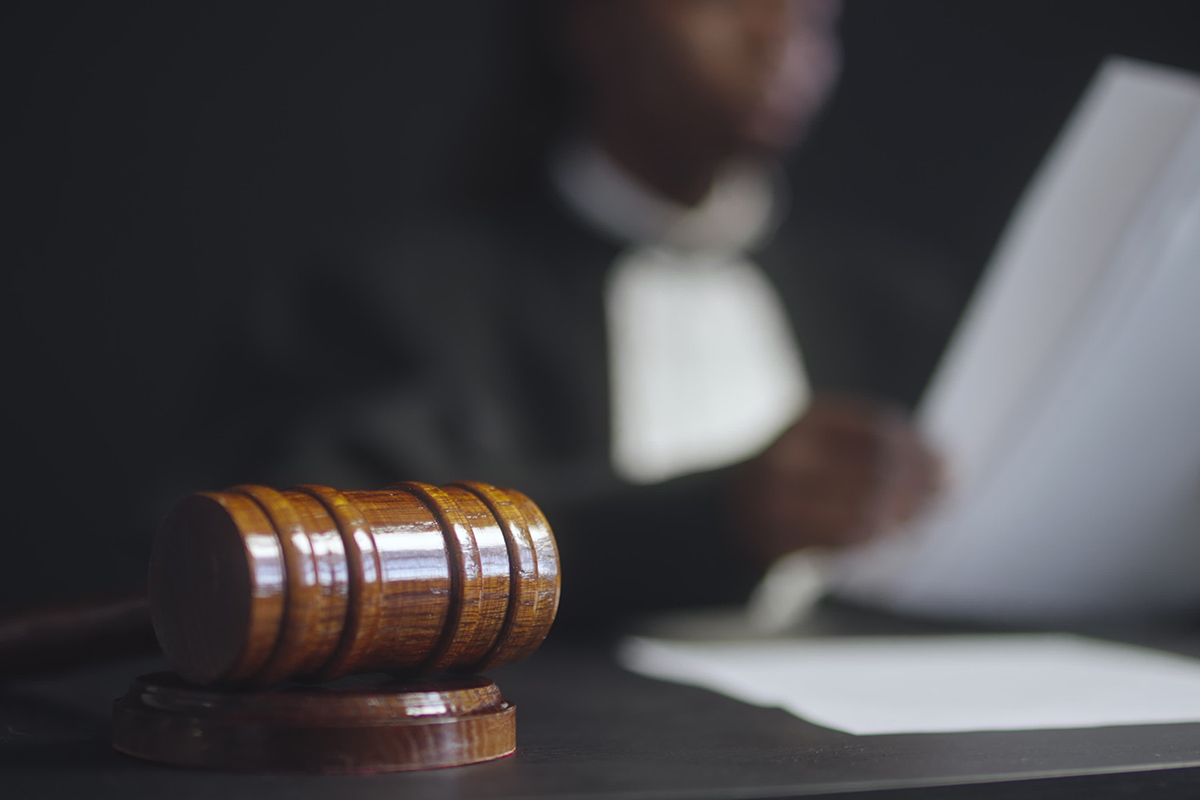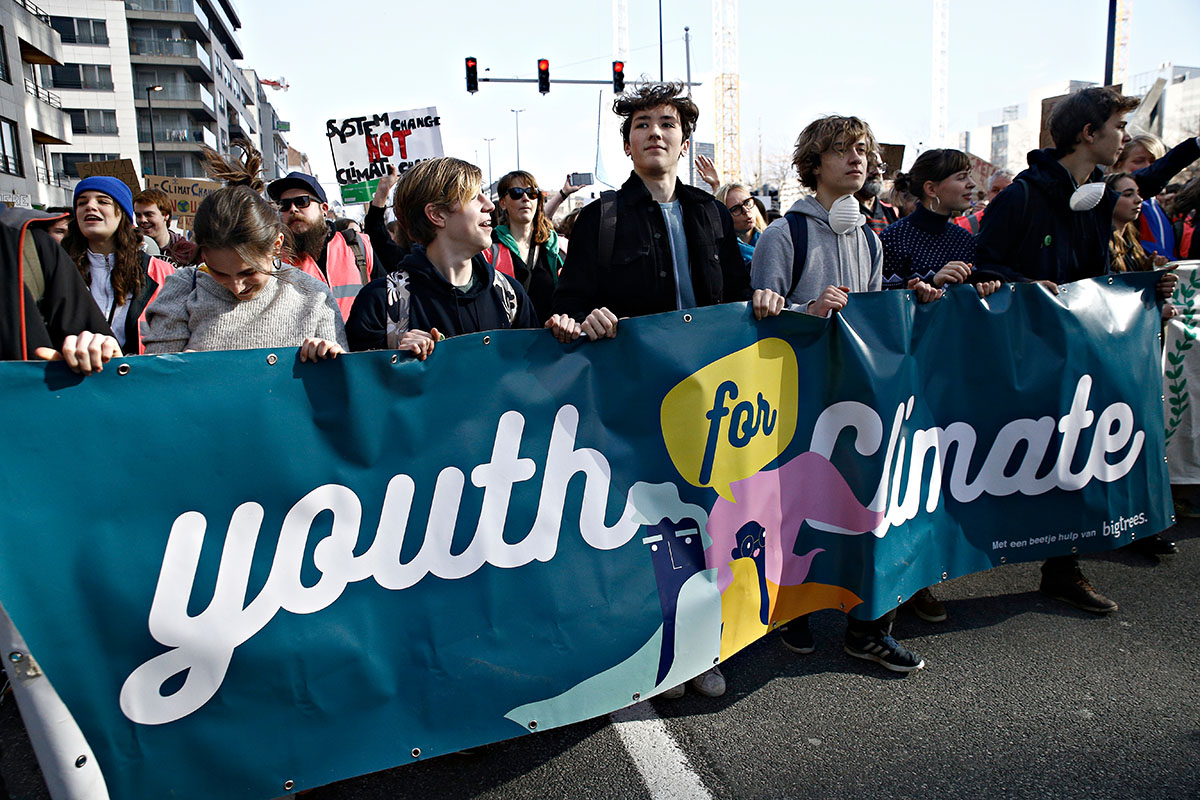Igniting change for Fiji’s young people
April 5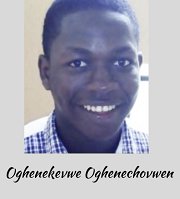
Young people make up more than half of Fiji’s population – but they are mostly excluded from policy formulation and decision-making. Broderick John Mervyn, one of this year’s Commonwealth Youth Awards finalists, is working to change that through his initiative Ignite4Change. Oghenekevwe Oghenechovwen, a 21-year-old Commonwealth Correspondent from Warri in Nigeria, spoke to Broderick about his vision for young people in this small Pacific island nation.
Broderick was one of four finalists from the Pacific region at this year’s Commonwealth Youth Awards. His initiative, Ignite4Change, runs several programmes including on public speaking training, local governance awareness, climate change advocacy, youth leadership and the protection of the Rotuman Language and Heritage. He was recognised for his contribution towards SDG 16: Peace, Justice and Strong Institutions.
I interviewed Broderick to find out more about Ignite4Change.
How did Ignite4Change start?
Ignite4Change was established in April 2018, as a youth-led initiative in Fiji. Since its establishment, it has been successful in advocating for youth empowerment, mobilization of young people, youth education and training at various levels within the local communities in the Western Division of Fiji.
The initiative’s vision is to ensure that young people are adequately trained to become transformative individuals in society. Our mission is to create a movement that promotes youth’s voices through human rights awareness and training, thus facilitating positive change in families, communities and government.
In Fiji and the wider Pacific, youth participation in politics and decision-making is low. How is Ignite4Change addressing this and what are the biggest obstacles that need to be overcome?
Though comprising more than half of the population, Fijian youths are still excluded from traditional policy and decision-making. They are failing to win elected leaders’ support and are considered to lack the expertise and knowledge to take part in civic action and drive meaningful improvement in their neighbourhoods.
Limited educational and economic opportunities are the biggest drawbacks that need to be overcome. Ignite4Change supports young people channelling their energy, creativity, activism, leadership, and aspirations towards politics.
Under Ignite4Change’s Leadership, Good Governance and Human Rights Project, we strengthen the talents, awareness and confidence of young people. This empowers them to express their concerns more efficiently, develop partnerships with political officials, and confront socio-cultural barriers to involvement.
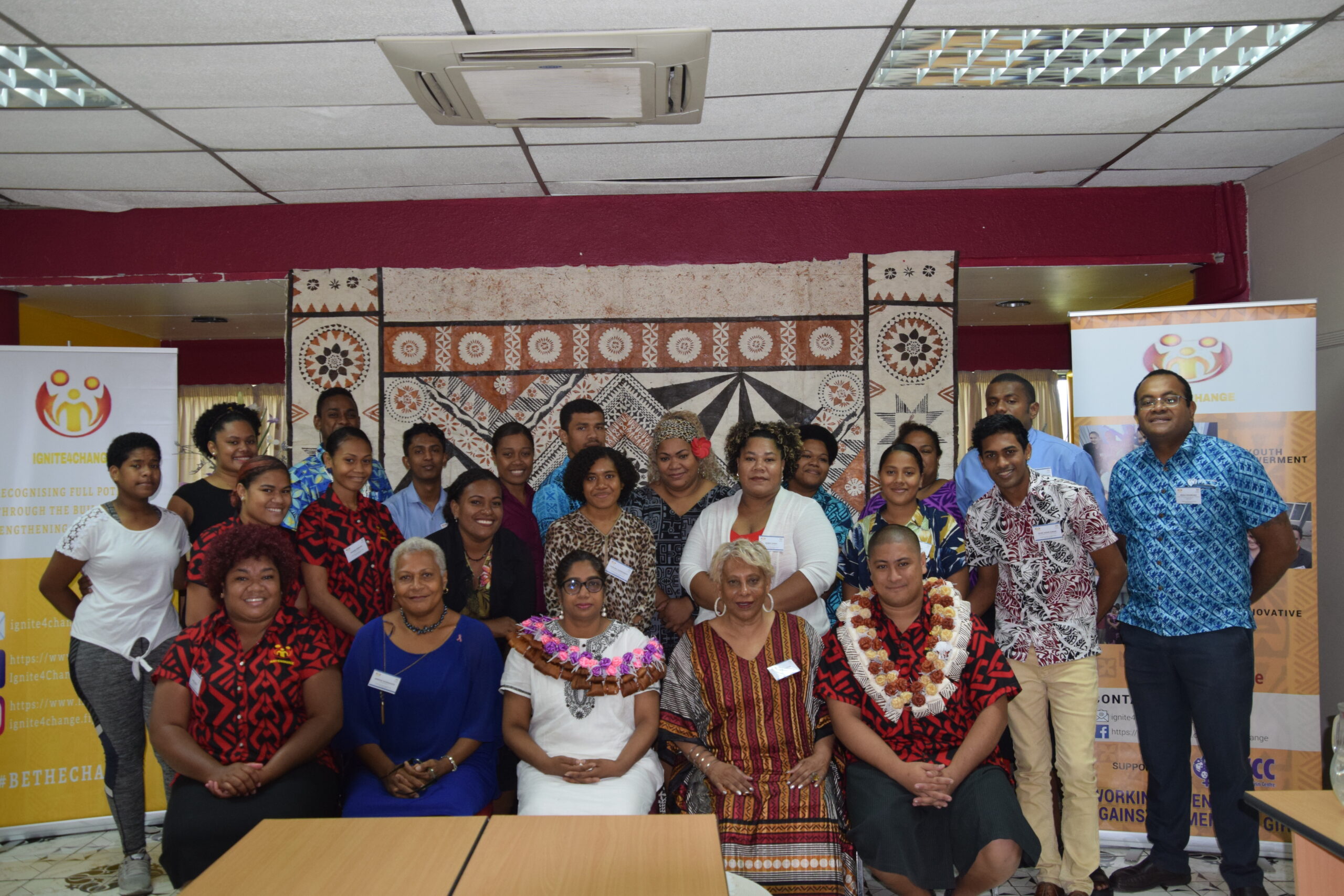
You have consistently advocated for respect and strengthening of human rights in your home region. What are good ways to bring to life the principles, dilemmas, and debates around human rights in youth and Pacific Island communities?
A large share of the population of Pacific Island communities is comprised of children and young adults, and today’s children are tomorrow’s young adults. We need to shift the way we talk of young people and the youth bulge as a demographic bomb or threat.
It is important to reconceptualise our discussion on Pacific youth and focus on turning the youth bulge into demographic dividend. This requires employment opportunities and empowering young people as active defenders of human rights rather than merely recipients.
We also need to develop the concepts of human rights and social justice strategies to encourage equitable and focused engagement in key youth demographics to enhance equal access to critical resources and opportunities for youth in the Pacific region.
We can look at the priority outcomes in the fields of education and job training, health, governance and engagement, and environmental intervention for youth around the development sectors.
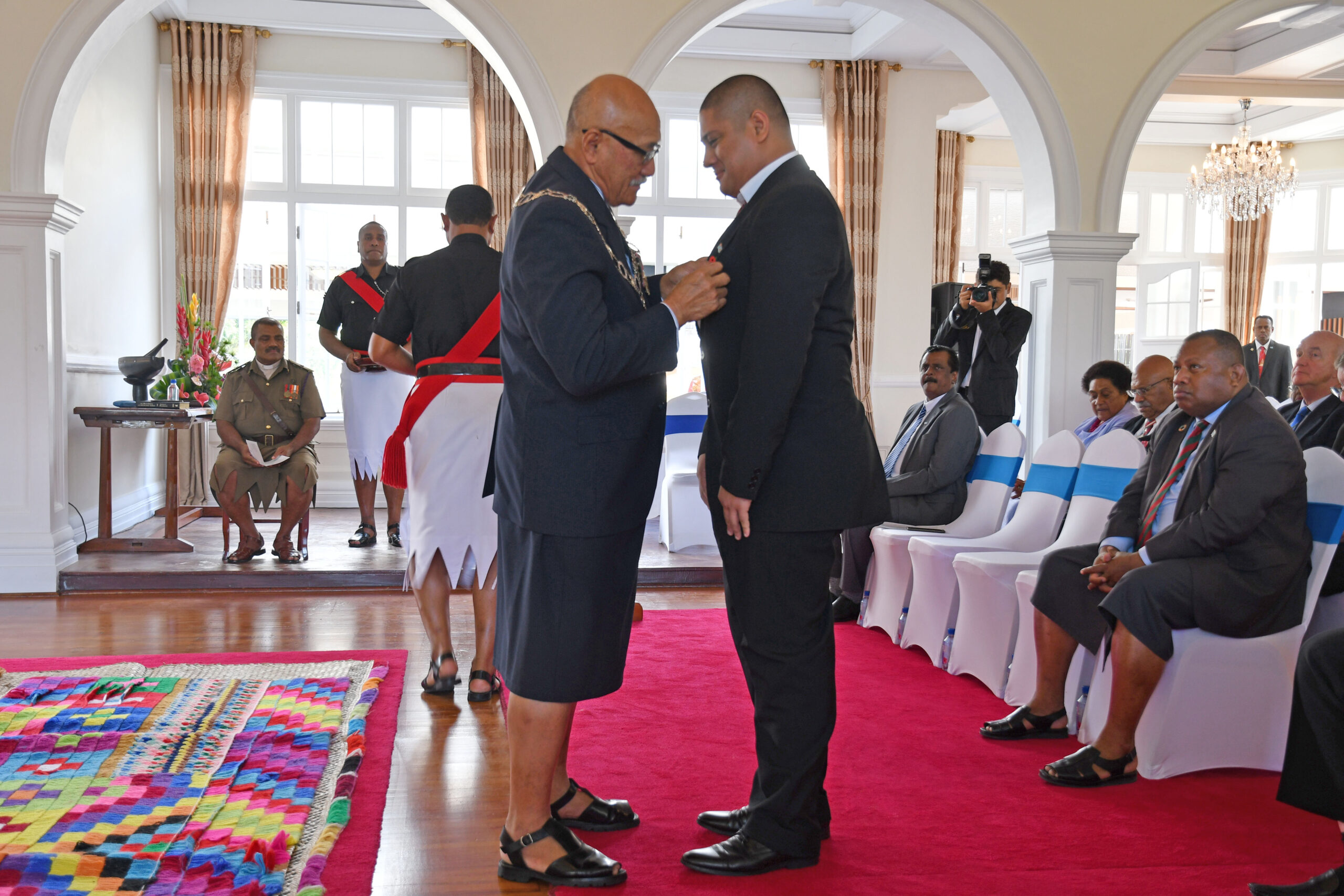
Why is it important for countries to invest in young people?
Young people currently contribute to national economies and the sustainability of their communities. Investing in programmes tailored to meet the needs of young people creates opportunities and the freedom for them to innovate and apply their energy and creativity in solving problems facing socioeconomic development, rather than becoming a potential source for social and political instability.
………………………………………………………………………………………………………………………………………………………
The Commonwealth Youth Awards for Excellence in Development Work highlight the contributions of young people who are making a difference in their communities and celebrate their contributions to the Sustainable Development Goals (SDGs).
…………………………………………………………………………………………………… …………………………………………………
About me: I am a freelance research and policy analyst who writes about the environment, climate change, gender, youth, and the places where they all meet, as well as what these mean for development.
………………………………………………………………………………………………………………………………………………………
Opinions expressed in this article are those of the author and do not necessarily represent the views of the Commonwealth Youth Programme. Articles are published in a spirit of dialogue, respect and understanding. If you disagree, why not submit a response?
To learn more about becoming a Commonwealth Correspondent please visit: http://www.yourcommonwealth.org/submit-articles/
………………………………………………………………………………………………………………………………………………………
